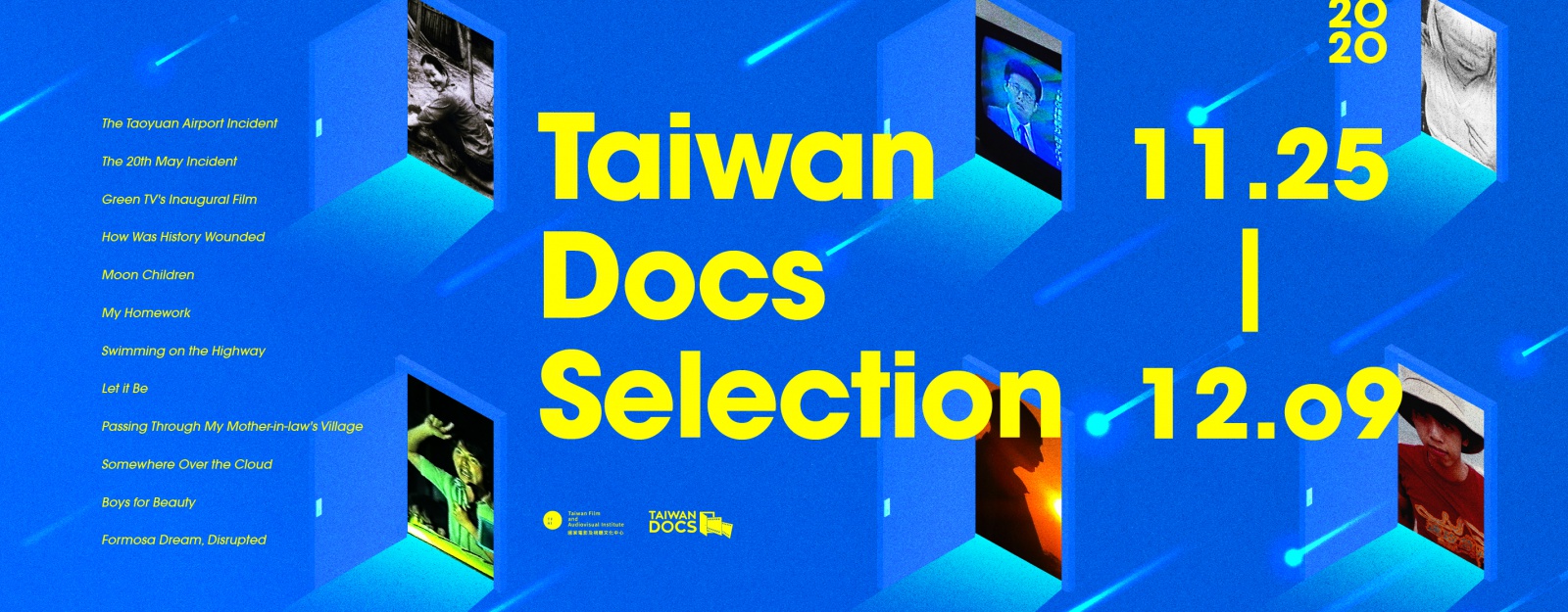
Discover the most representative of Taiwanese documentaries with our fascinating selection from Taiwan Docs. Until December 9th you have the opportunity to join us and see these stories from Taiwan in a special program. Started with a pioneer of Taiwanese political documentary Green Team, the Full Shot Foundation, noted for its long-term observational shooting, and numerous significant Taiwanese documentaries from the mid-1980s to the late 2000s.
Green Team (1986-1990) is regarded as the most important non-mainstream media outlet for the period prior to and after the lifting of martial law in Taiwan in 1987. The Taoyuan Airport Incident, the most famous work of Green Team, captured a demonstration in support of political dissidents returning to Taiwan that show different perspectives from the only three state-run TV stations. The 20th May Incident also exposes the lies of the government and TV stations. In late 1989, Green Team set up a satellite transmission channel on its own and established Taiwan’s first TV channel of the people, by the people, for the people. Green TV's Inaugural Film covers the election campaigns on the first day of the channel's broadcast.
The films by Green Team are full of ironies, anti-mainstream and tradition. They dared to reveal local events and stood together with the people at that time. The spirit of the Green Team has inspired many other filmmakers.
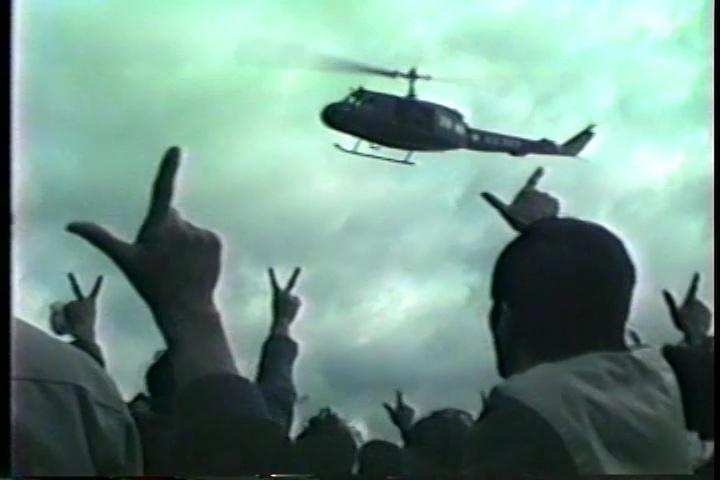
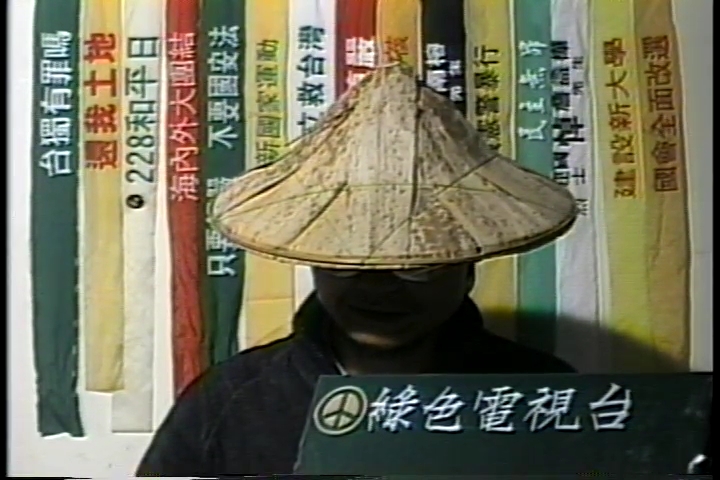
▲The Taoyuan Airport Incident (Green Team, 1986) ▲Green TV's Inaugural Film (Green Team, 1989)
The Tiananmen Square incident in the spring of 1989 has become a shared trauma by artists in Taiwan. One of CHEANG Shu-lea and WANG Jun-jieh’s video arts, How Was History Wounded, was criticized on Taiwan news media who all stood together with the government to manipulate the Tiananmen Square protests.
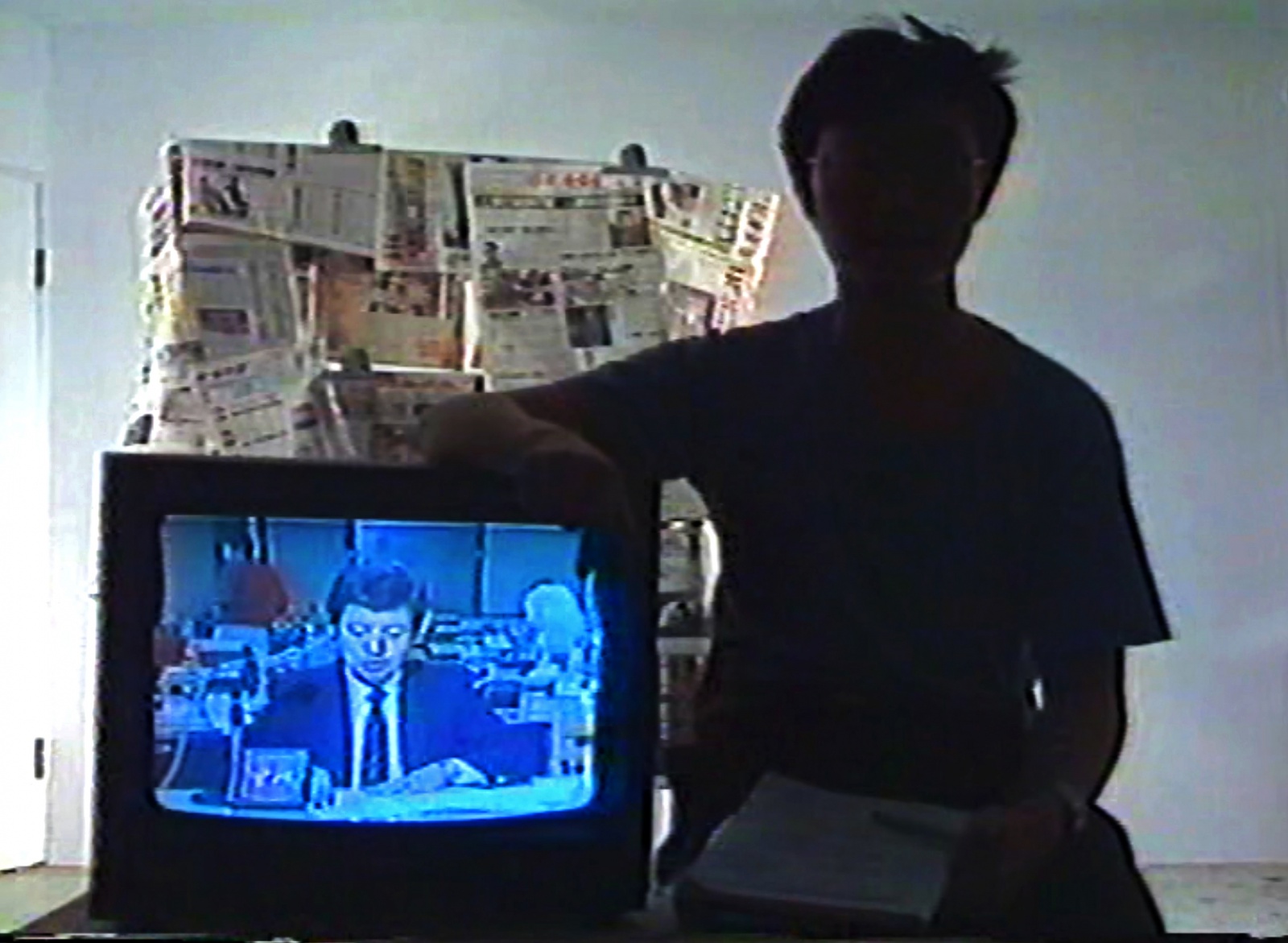
▲How Was History Wounded (CHEANG Shu-lea & WANG Jun-jieh, 1989)
WU Yii-feng, one of the founders of the Full Shot Foundation, spending three years to document the real-life situations of albinos in Taiwan, he completed his well-known film Moon Children. With spending long periods in shooting, there was a close relationship between the director and the white-skinned albinos. One of the members of Full Shot, HUANG Shu-mei, spent her time to make films in the reconstruction effort in the earthquake disaster zone and Formosa Dream, Disrupted is one of them which reflects a deeply rooted bureaucracy in Taiwan’s administration.
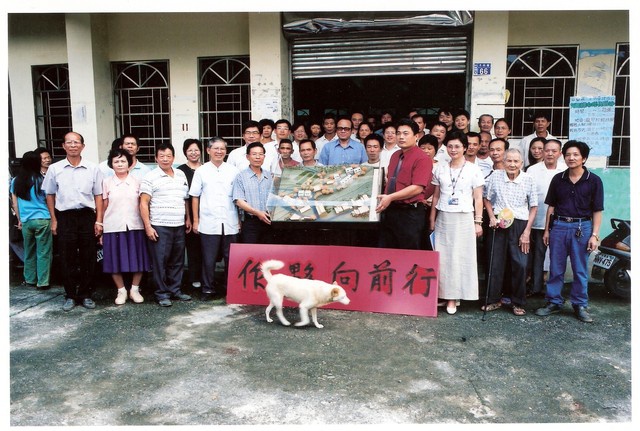
▲Formosa Dream, Disrupted (HUANG Shu-mei, 2007)
Graduate Institute of Studies in Documentary & Film Archiving at Tainan National University of the Arts, was established in 1996, the first educational institution in Taiwan to train students in documentary filmmaking. Since its establishment, it has given rise to “private documentary and self-documentary” after several final documentary film projects are released, My Homework and Swimming on the Highway as cases in point. Furthermore, HSIAO Mei-ling’s Somewhere Over the Cloud, which was awarded Special Mention of New Asian Currents at Yamagata IDFF, explores ethical issues and “camera violence” related to documentary filmmaking featuring family relationships.
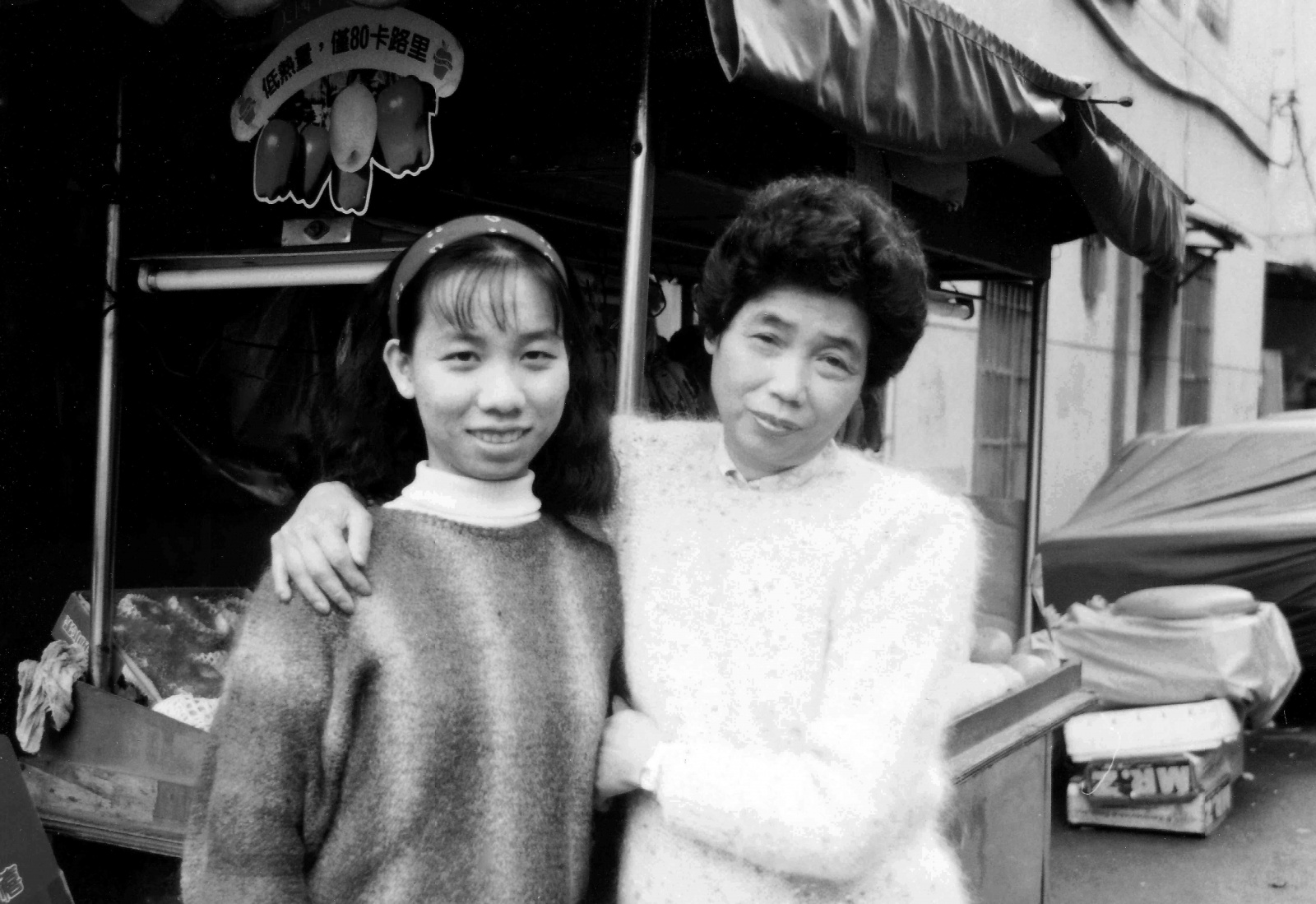
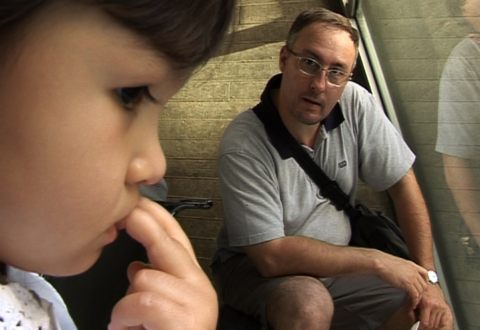
▲My Homework (TSENG Wen-chen, 1998) ▲Somewhere Over the Cloud (HSIAO Mei-ling, 2007)
Passing Through My Mother-in-law's Village, the first documentary hit Taiwan’s theaters in 1997. Since then, documentary films could be released commercially in theaters, drawing the public's attention. In the film Let it Be, people have a strong impression about the farmers, who are gentle natures and a positive outlook on life. This small film had a large effect on Taiwan’s society and spurred a growing fad for experiencing rice seedling.
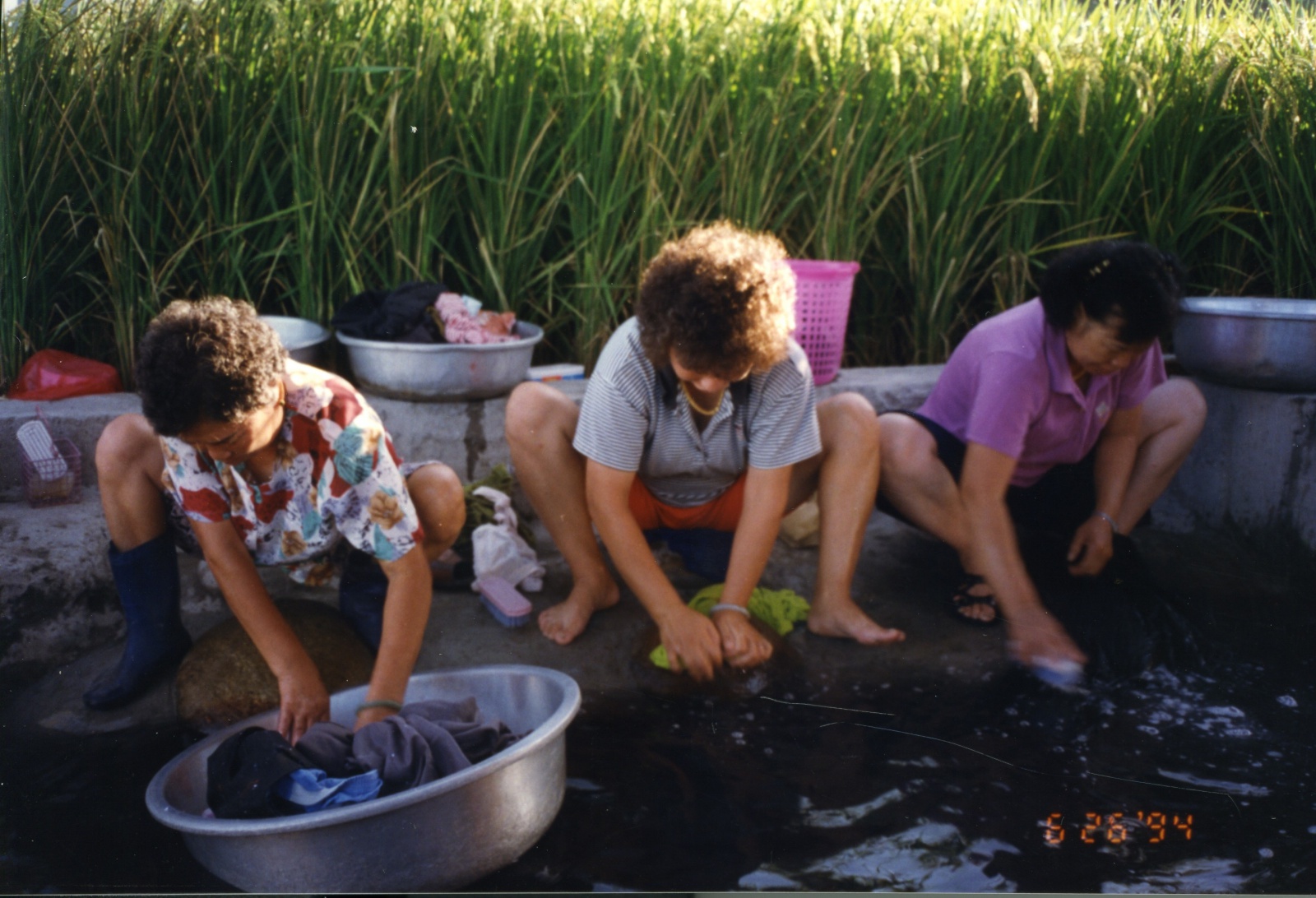
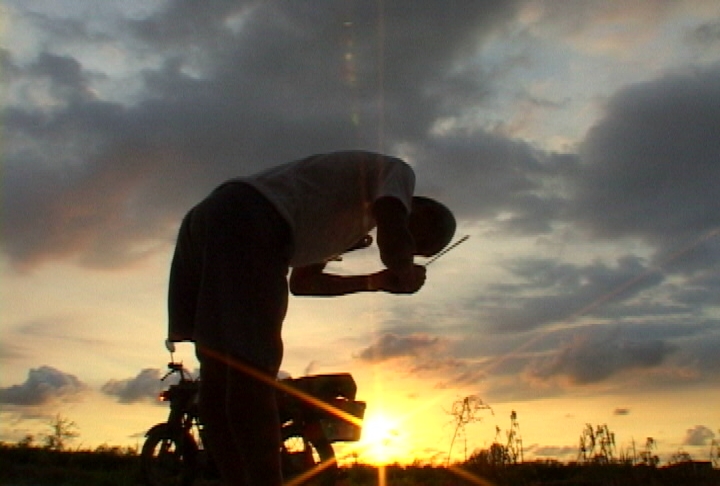
▲Passing Through My Mother-in-law's Village (HU Tai-li, 1997) ▲Let it Be (YEN Lan-chuan & CHUANG Yi-tseng, 2004)
Boys for Beauty, one of the first Taiwanese documentary films to focus on gay characters, documents the story of three teenagers’ life to see they have the courage to face their sexual identities and the conflict within their families.
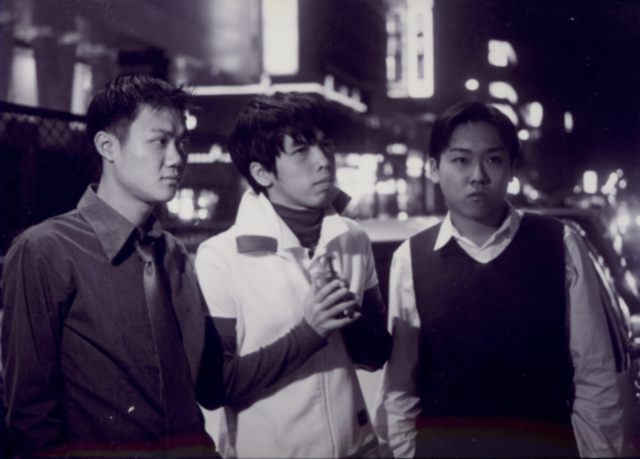
▲Boys for Beauty (Mickey CHEN, 1999)
